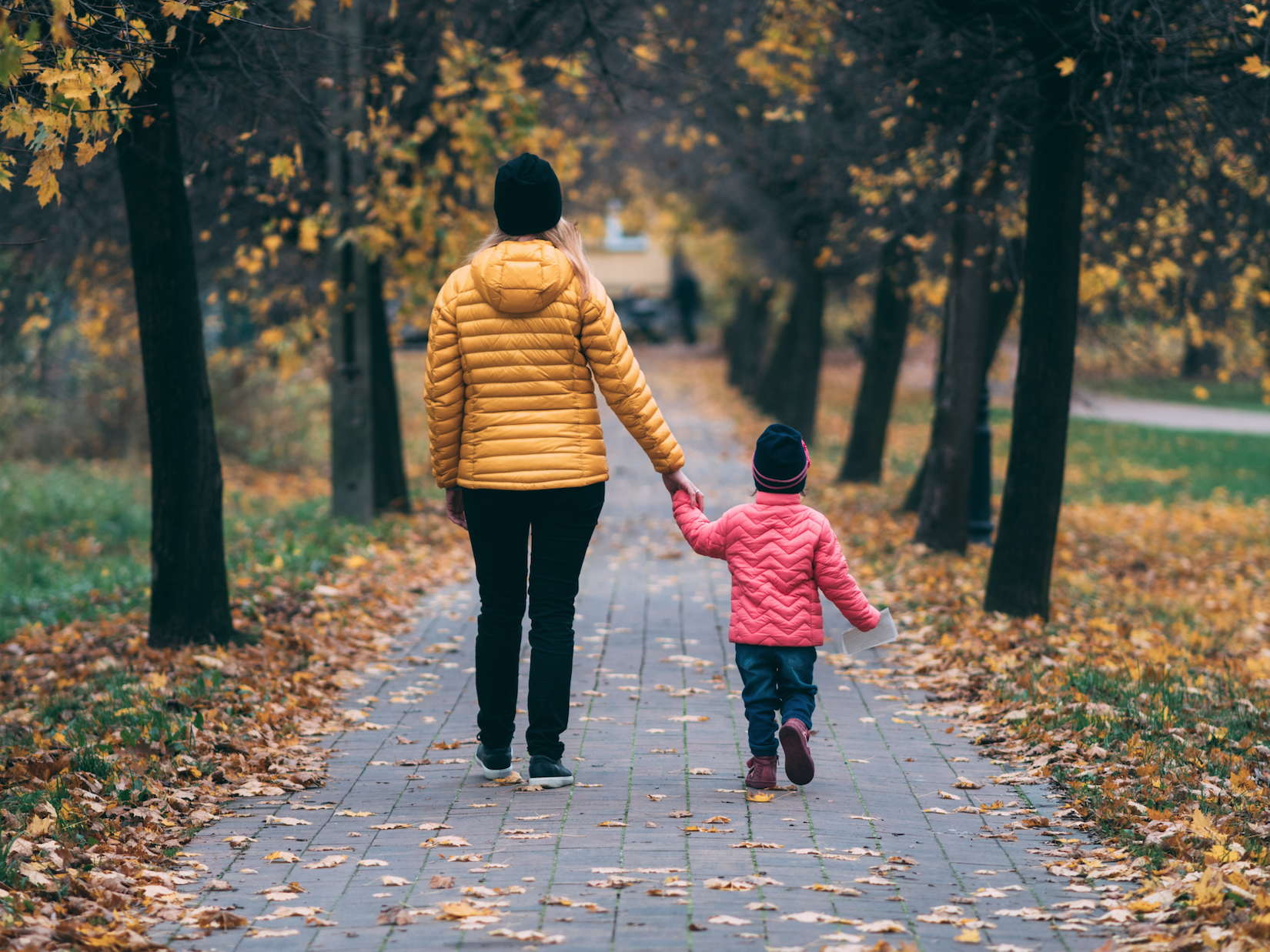May 15, 2020
Staying home is challenging for parents and kids alike. Read on for a few tips to support mental health for the whole family!

Keep routines in place
Most experts agree that maintaining some sort of regular schedule can be extremely beneficial, even when you’re all at home all day. Kids should get up, eat and go to bed at their normal times. Consistency and structure are calming during times of stress. Kids, especially younger ones or those who are anxious, benefit from knowing what’s going to happen and when.
It may help to print out a schedule and go over it as a family each morning. Setting a timer will help kids know when activities are about to begin or end. Having regular reminders may help head off meltdowns when it’s time to transition between activities.
Be creative about new activities – and exercise
Incorporate new activities into your routine, like doing a puzzle or having family game time in the evening. Build in activities that help everyone get some exercise (without contact with other kids or things touched by other kids, like playground equipment). Take a daily family walk or bike ride or do yoga – all great ways to let kids burn off energy and make sure everyone is staying active. You could let different members of the family take turns deciding on the activity for that day.
Manage your own anxiety
It’s completely understandable to be anxious right now, but how we as adults manage that anxiety has a big impact on our kids. Keeping your worries in check will help your whole family navigate this uncertain situation as easily as possible. You can set a positive example for your kids to follow in managing anxious emotions as well.
For those moments when you do catch yourself feeling anxious, try to avoid talking about your concerns within earshot of children. If you’re feeling overwhelmed, step away and take a break. That could look like taking a shower or going outside or into another room and taking a few deep breaths.
Limit consumption of news
Staying informed is important, but it’s a good idea to limit consumption of news and social media that has the potential to increase your anxiety, or that of your kids. Turn the TV off and mute or unfollow friends or co-workers who are prone to sharing panic-inducing posts.
Take a social media hiatus or make a point of following accounts that share content that take your mind off the crisis, whether it’s about nature, art, baking or crafts.

Stay in touch virtually
Keep your support network strong, even when you’re only able to call or text friends and family. Socializing plays an important role in regulating your mood and helping you stay grounded. And the same is true for your children.
Consider allowing kids use Skype, FaceTime, or another video service to stay connected to peers even if they aren’t usually allowed to do so. Communication can help kids feel less alone and mitigate some of the stress that comes from being away from friends.
Make plans
In the face of events that are scary and largely out of our control, it’s important to be proactive about what you can control. Making plans can help you visualize the near future. How could your kids have virtual play dates? What could your family do that would be fun outside? What are favorite foods you can cook during this time? Make lists that kids can add to. Being able to see you problem solve in response to this crisis can be instructive and reassuring for kids.

Sometimes the path of least resistance is the right path
Remember to be reasonable and kind to yourself. We all want to be our best parenting selves as much as we can, but sometimes that best self is the one that says, “Go for it,” when a kid asks for more time on the iPad. Maybe your kids don’t have TV or screens on the weeknights during the school year, but now that school is cancelled or online, maybe we can give ourselves license to relax these boundaries a bit. We can explain to our kids that this is a unique situation and re-institute boundaries once more when life returns to normal.
Accept and ask for help
If you have a partner at home, agree that you’ll trade off when it comes to childcare. Especially if one or both of you are working from home and have younger children. That way everyone gets a break and some breathing room.
Everyone who can pitch in, should. Give kids age appropriate jobs. For example, teens might be able to help mind younger siblings when both parents have to work. Most children can set the table, help keep communal spaces clean, do dishes or take out the trash. Even toddlers can learn to pick up their own toys. Working as a team will help your whole family stay busy and make sure no one person is overwhelmed.
– Jeremy Richardson, LPC






